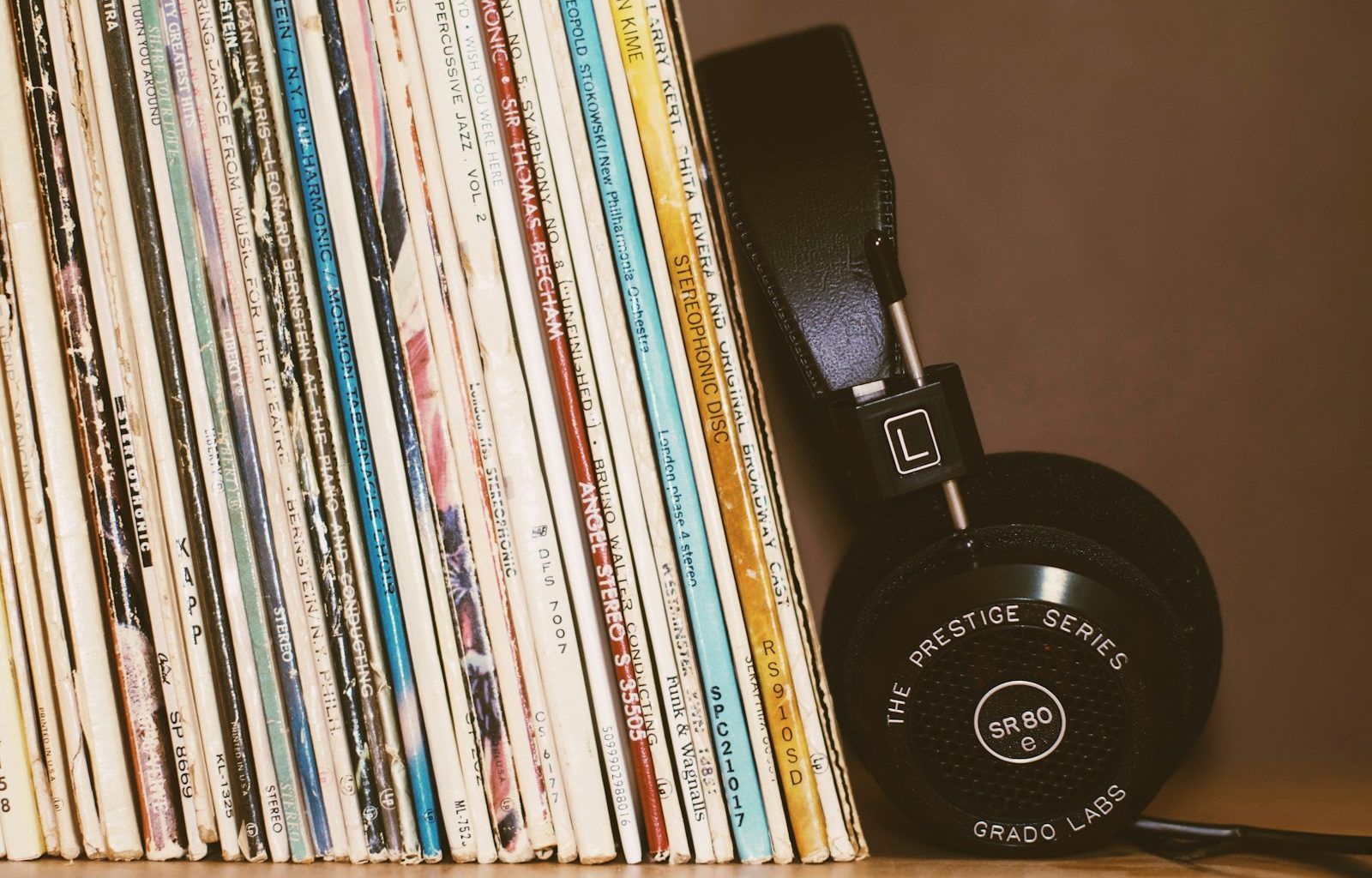When you think about music, two terms often come up—record and album. Many people use these words interchangeably, but they aren’t exactly the same. If you’ve ever found yourself wondering, “What’s the difference between a record and an album?”, you’re not alone. Let’s dive into this musical journey together and clear up the confusion in the simplest way possible.
What Is a Record?
The word “record” has evolved over time. Historically, it referred to the physical medium used to store and play music. Think of those black, round vinyl discs your grandparents might have had. Records were the go-to way to listen to music from the late 19th century until other formats like cassettes and CDs took over.
In its essence, a record is a physical object—a vinyl disc—designed to carry sound. You play it on a turntable, and the grooves on the record produce music when the needle glides over them. These discs usually spin at specific speeds, like 33 ⅓ or 45 revolutions per minute (RPM), which you might have noticed on old record players.
What About an Album?
An album, on the other hand, is more about the content. It’s a collection of songs or audio recordings that an artist or group puts together. An album can exist on various formats—not just vinyl records but also CDs, cassettes, or even digital platforms like Spotify and Apple Music.
To simplify, an album is the music itself—the compilation of tracks, while a record is the medium that holds that music. The album is like the recipe, and the record is the cookbook where it’s written. See the difference?
How the Terms Are Used Interchangeably
The confusion between records and albums often arises because many albums were historically released on records. This overlap made people equate the two. For example, you might hear someone say, “I bought their new record last week!” when they really mean the album, regardless of its format.
Adding to the mix, musicians and industry professionals sometimes use the term “record” to describe the process of creating music. For instance, a band might say, “We’re recording our next record,” even though they’re working on an album that could eventually be released in multiple formats.
A Brief History of Records
To truly understand the difference, it’s helpful to explore the history of records. Records were invented in the late 1800s by Emile Berliner, who developed the gramophone. Initially, they were made from shellac, a brittle material, before evolving into the vinyl records we know today. Vinyl was more durable and produced better sound quality.
During the mid-20th century, vinyl records became the primary format for albums. Artists released their music on LPs (long-playing records), which could hold up to 20 minutes of audio per side. This innovation allowed for more songs to be included, giving rise to the modern concept of an album.
The Digital Revolution
Fast forward to today, and the music world has been completely transformed by the digital revolution. Albums no longer require a physical record to exist. Instead, they’re streamed online, downloaded, or stored in the cloud. Despite this, the term “record” has persisted, often used nostalgically or to refer to vinyl releases specifically.
Vinyl Records Are Making a Comeback
Interestingly, vinyl records are experiencing a resurgence in popularity. Many music lovers appreciate the tangible experience of holding a record, admiring its cover art, and listening to its warm, analog sound. For these enthusiasts, the term “record” holds a special charm.
Comparing Formats: Record vs. Album
Let’s break it down further to highlight the main differences:
- Format: A record is physical; an album can be physical or digital.
- Content: An album is the collection of songs, while a record refers to the medium.
- Usage: “Record” can be used nostalgically or technically for vinyl, while “album” is the standard term for a collection of songs in any format.
Why Does It Matter?
You might wonder why we even bother distinguishing between the two. Well, understanding the difference enhances your appreciation of music history. It also helps when discussing music with others, especially those who are serious about their vinyl collections or the art of recording.
Additionally, for musicians and industry professionals, the terms have practical implications. Knowing whether someone is referring to a specific format or the music itself can avoid miscommunication.
Common Synonyms and Related Terms
To help you better navigate this topic, here are some related terms:
- EP (Extended Play): A shorter collection of songs, often confused with albums.
- Single: A standalone track or a few songs, usually released ahead of an album.
- LP (Long Play): Another term for a vinyl album.
- Track: An individual song on an album.
Wrapping It All Up
So, there you have it! The main difference between a record and an album boils down to this: a record is the physical format (like vinyl), while an album is the collection of songs. While the terms are often used interchangeably, understanding their nuances can enrich your conversations about music and deepen your appreciation for its history.
The next time you pick up a vinyl record or stream an album online, you’ll know exactly what makes them unique. Whether you’re a casual listener or a die-hard music fan, this knowledge adds a layer of depth to your musical experience. And who knows? It might even spark a new appreciation for the timeless charm of records and the creativity behind every album.
For further reading, explore these related articles:
For additional resources on music marketing and distribution, visit DMT Records Private Limited.






